NEWSLETTER
7 BRIDGES

Pause and shift (if you can)
Ending a year of "difficult" to begin a year of "dread"? How we might enter this new year in a way that might could lead to rebuilding some of what feels lost.
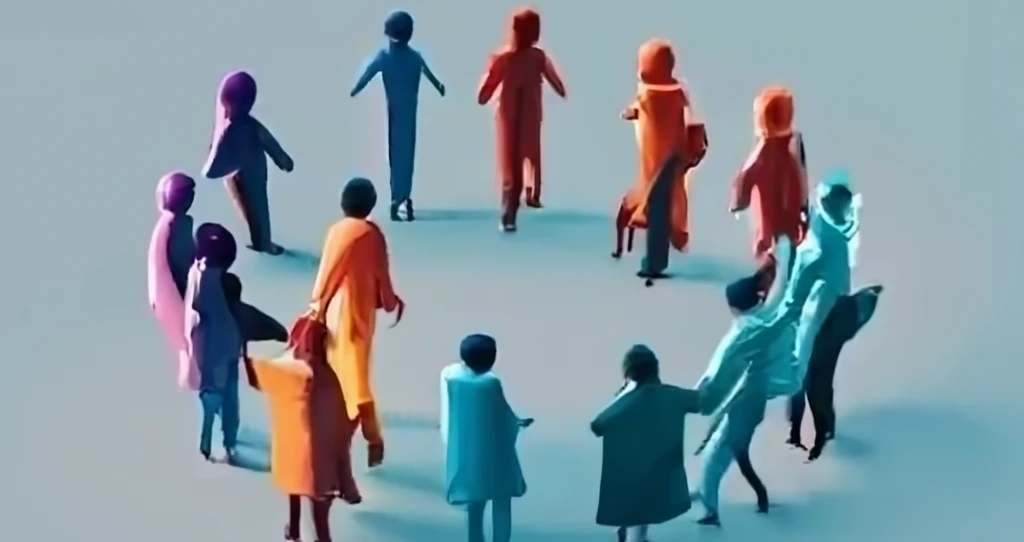
A Little Weekend Reading: Always Show Up
What an ancient text might have to offer us right now on how to show up in a relentless world.
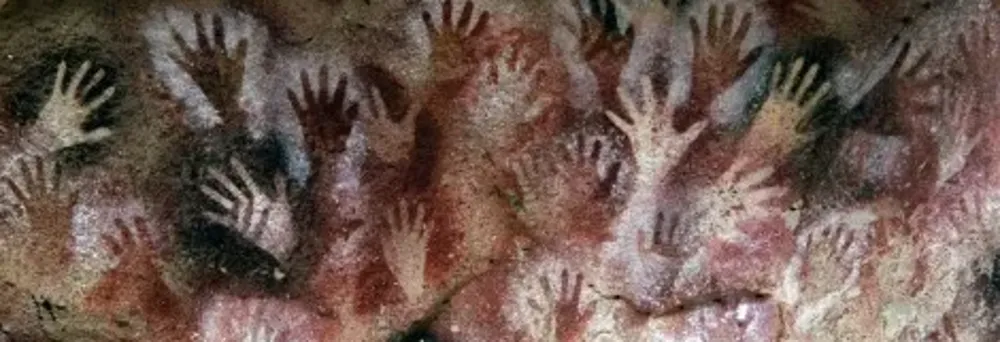
Spirit, Heart, Head, Hands
Approaching the world in the right order might be a key to rethinking our relationships and building a healthier society.

No more blank pages
Some will see that declaration as a rubicon of achievement in the arrival of generative AI and be elated. But what might we be giving up?

A familiar breathlessness
What the last decade wrestling with the potential and effects of social media might teach us about how we greet ChatGPT.
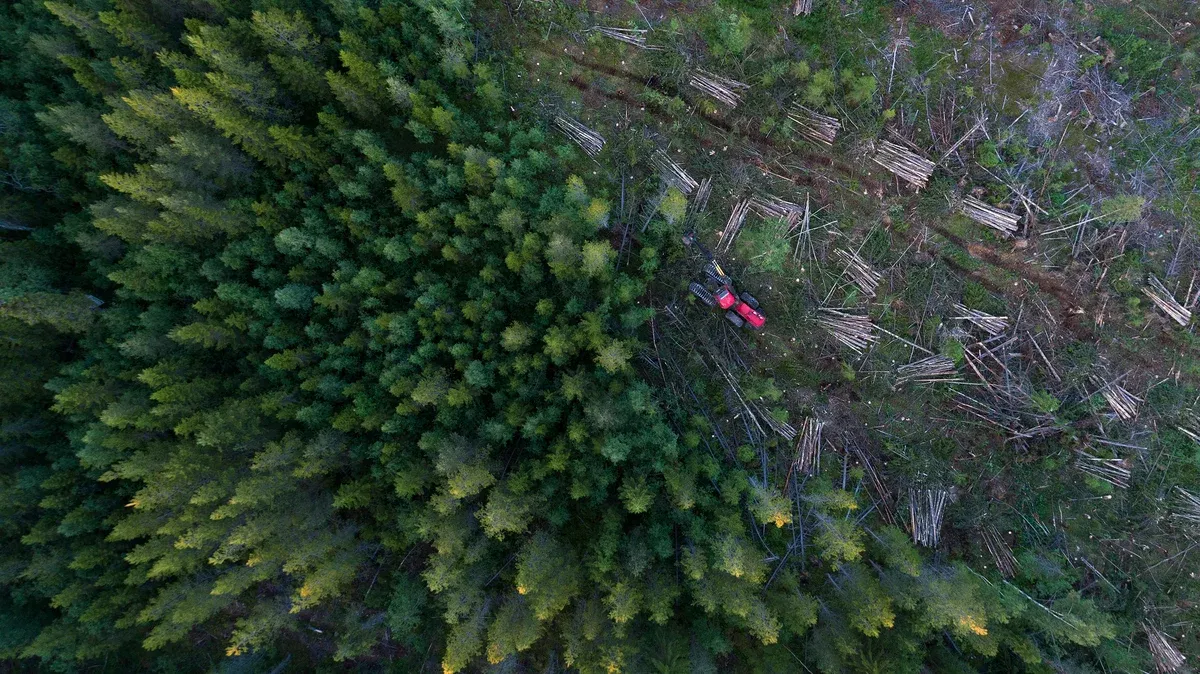
We were all environmentalists once
Our estrangement from nature might just be both older and less permanent that we think.

Beginnings and Transformation
Is there a modern equivalent of the 95 Theses? Does it matter? Perhaps we don't need the permission of history to begin.
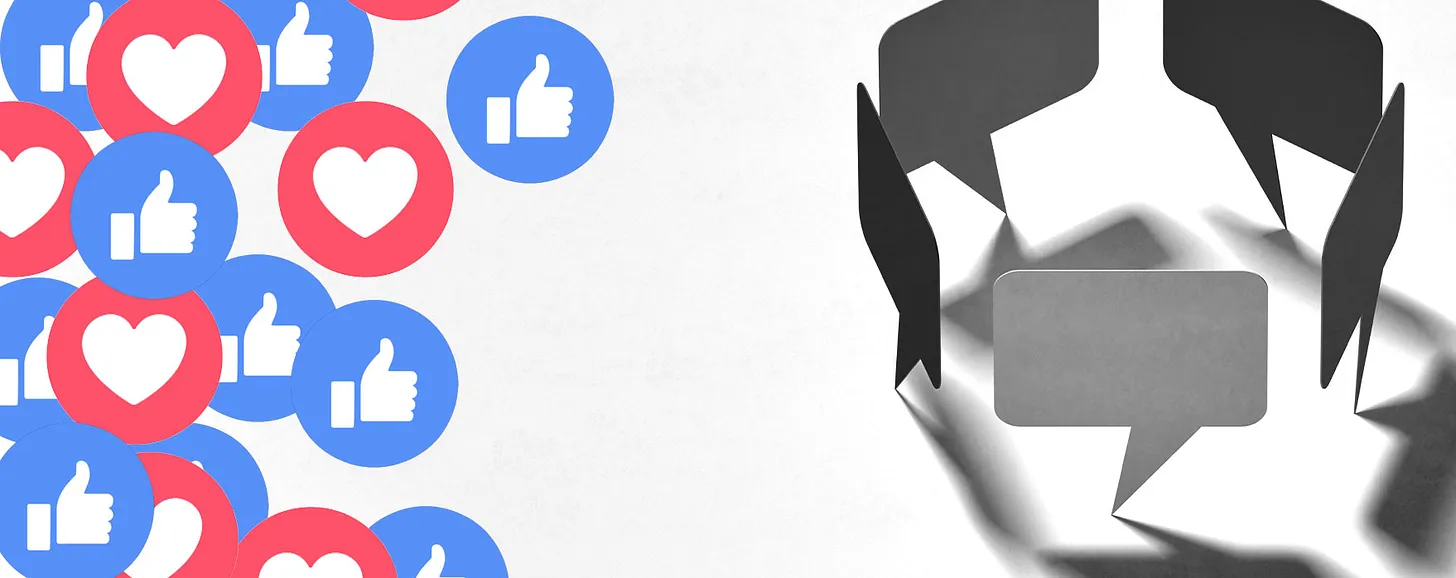
Our Private Public Sphere
What the Twitter upheaval might teach us about private public goods.
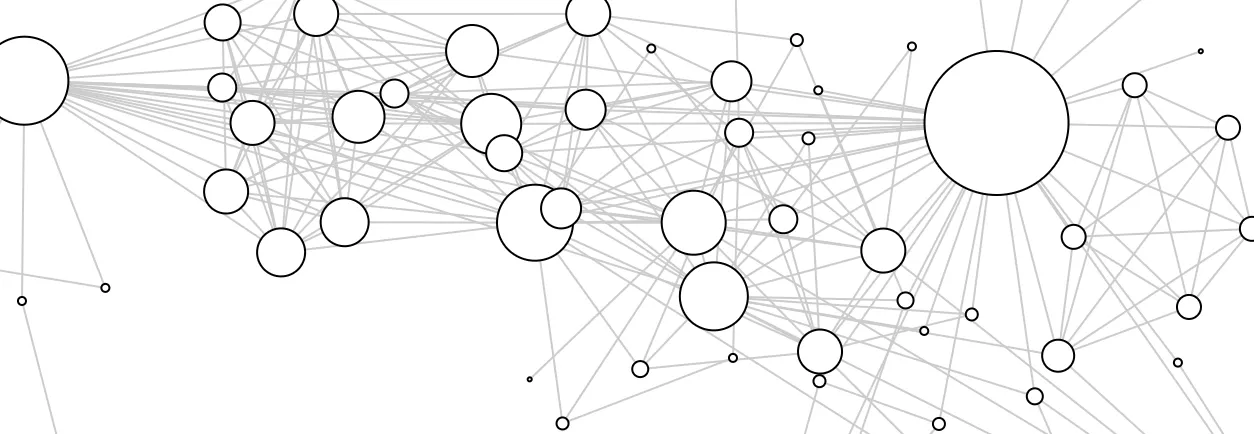
A little bit, right now, everywhere, every day
The 2022-ness of what we're living through started well before this cycle, and we need to embrace both a longer horizon and new everyday, always-on approach to our civic life to find a new path.
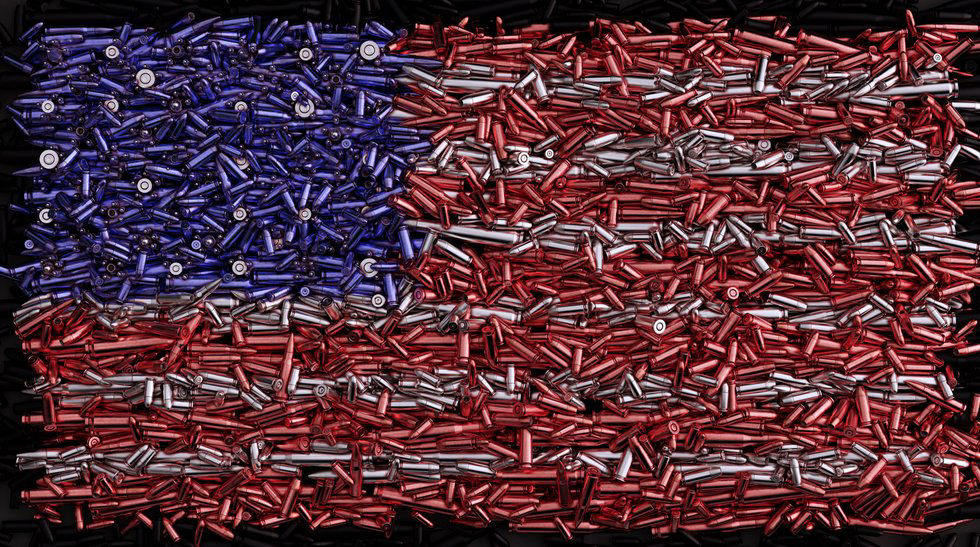
What did you do on your Summer vacation?
A COVID short story that might tell us something about how we might think differently about managing this phase of the pandemic.
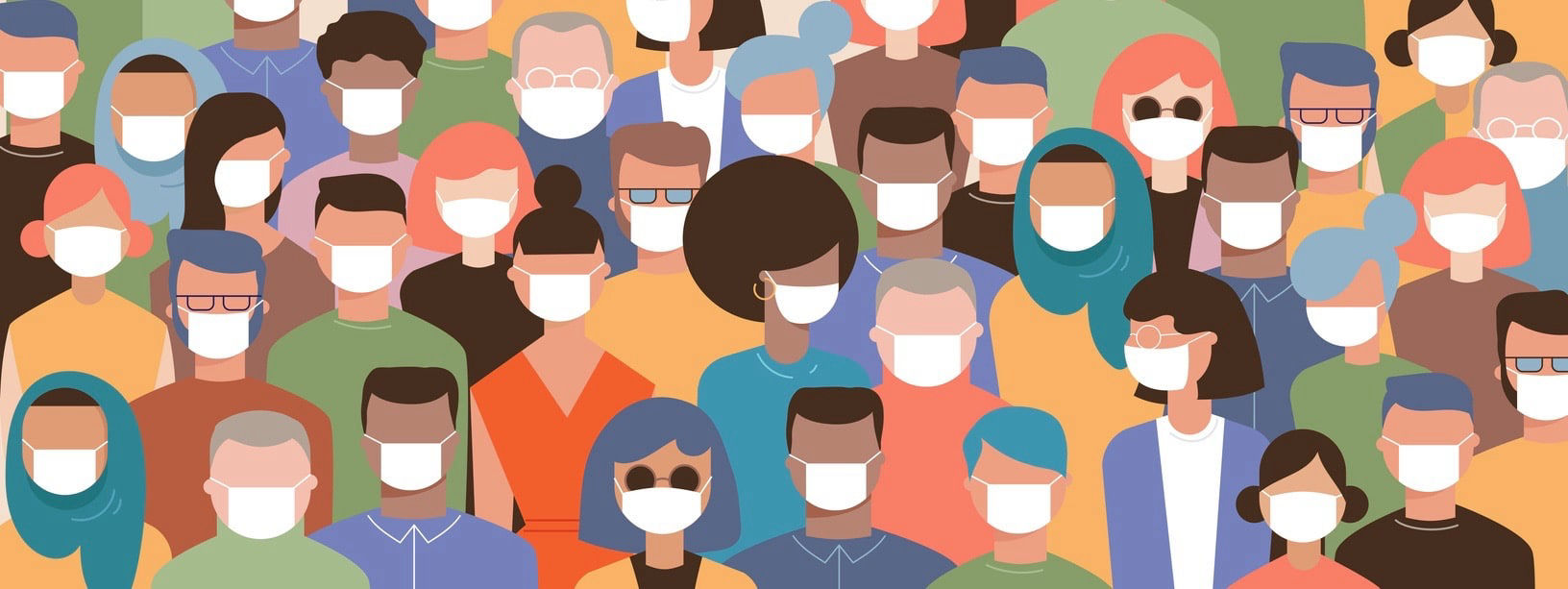
They cannot be shamed
History, culture, suffering, and how we might begin to find our way to a safer, freer future.

Performance, not perfection, the enemy of the good
The failure of our leaders to understand their roles and govern is making us less safe and less free.

Augmentation over replacement
If we continue to talk about the future only in the darkest, most post-apocalyptic terms, no one is going to want to go there. And we may miss an opportunity to make it amazing.

Blaiming the tower, forgetting about the architects
What Jonathan Haidt's "Tower of Babel" essay on the last decade in America oversimplifies and where it might could invite us to go.
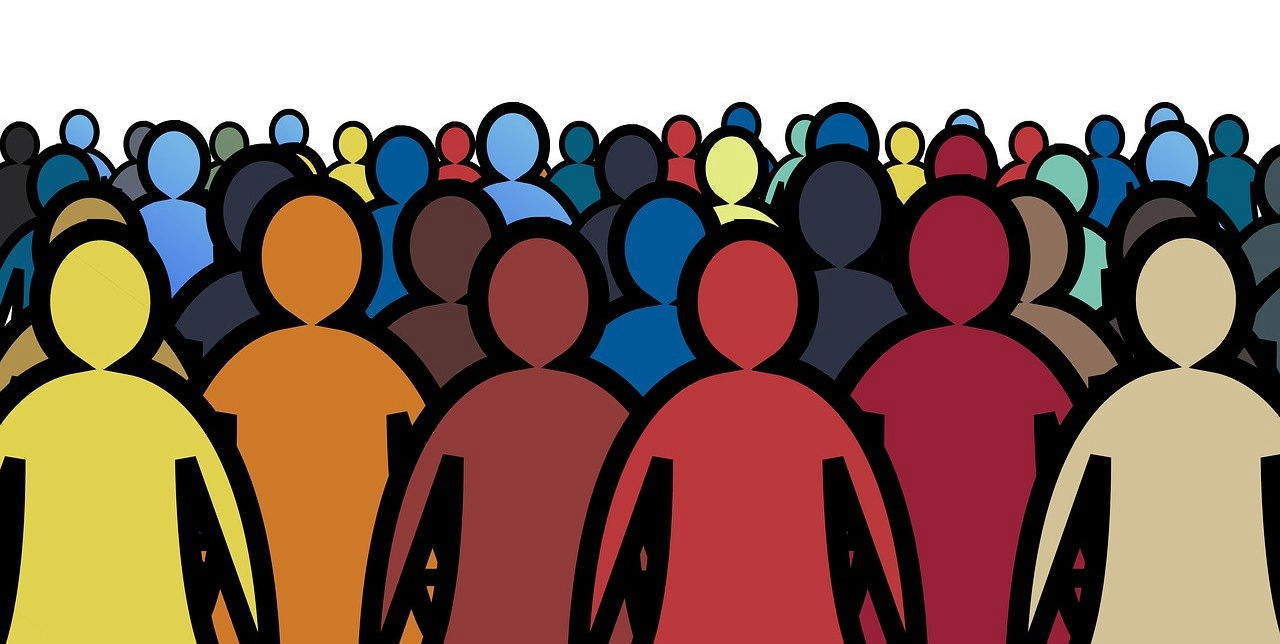
Populism, disinformation, and the Democrats
We're missing something (and an opportunity) at the heart of current populist rumblings on both sides of the aisle -- and it isn't disinformation.
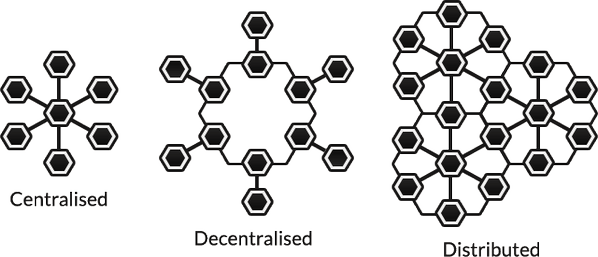
Is web3 picking up where (neo)liberalism left off?
The debates we are having about the future of the internet aren't really about technology: they are most-importantly conversations about the kind of future we want and how we support it.
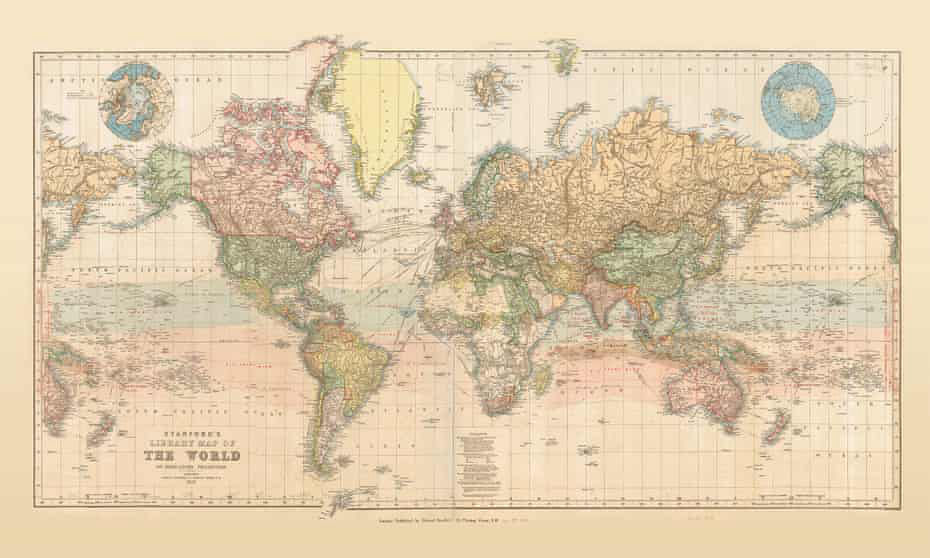
Places, not maps
Modern life is full of abstractions -- many of which expand our lives in meaningful ways. But finding opportunities to experience "places" directly helps us embrace and expand our humanity.
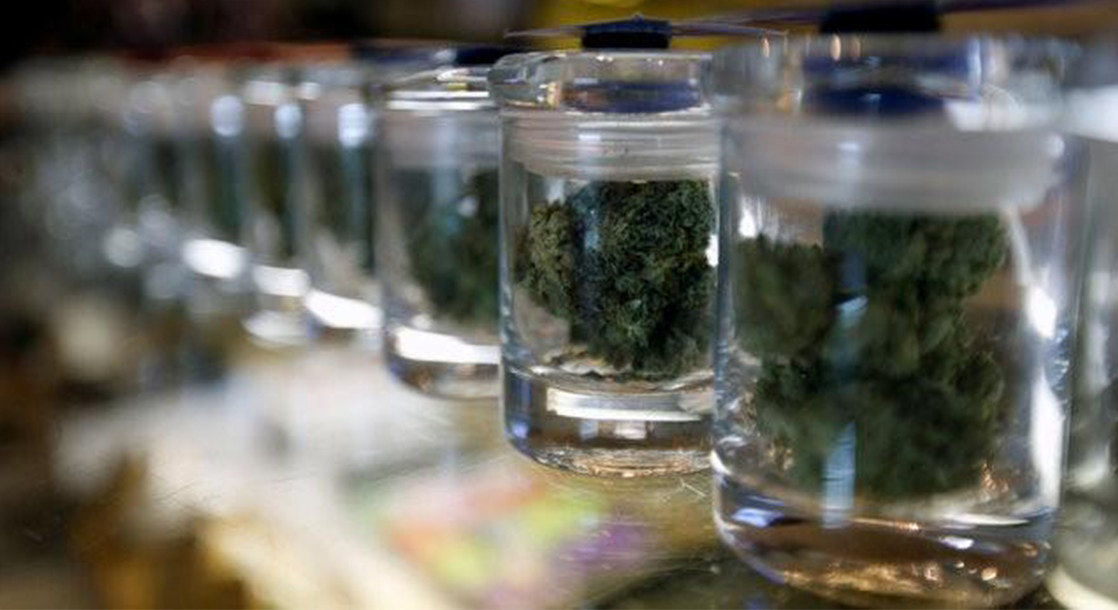
People before (not instead of) profits
Why it matters to give the first-mover advantage in retail cannabis to people who've been crushed by our decades-long war on drugs.
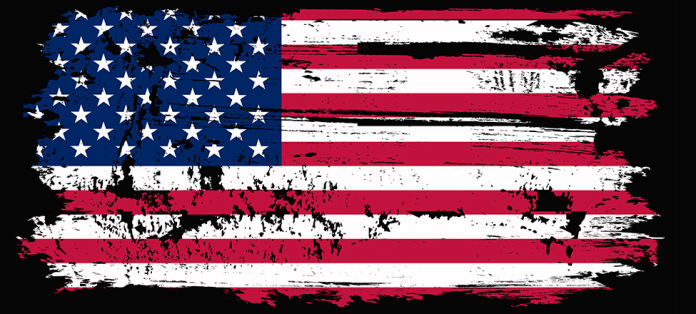
Are people "pro-democracy"?
In the battle to defend/reform/ reinvigorate/stabilize/resilient-ize American democracy, we may be relying on a narrative that only resonates with the folks doing the work.
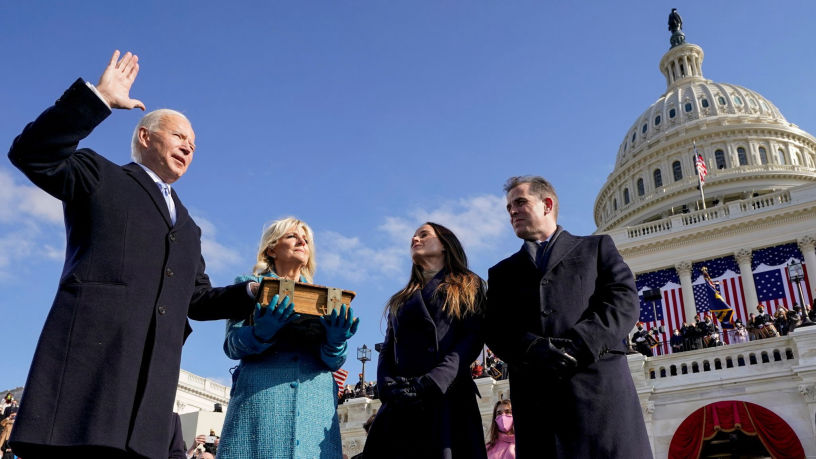
The Biden Administration Year 2
In this moment of "all the things" it's easy to forget that President Biden should just be getting started.
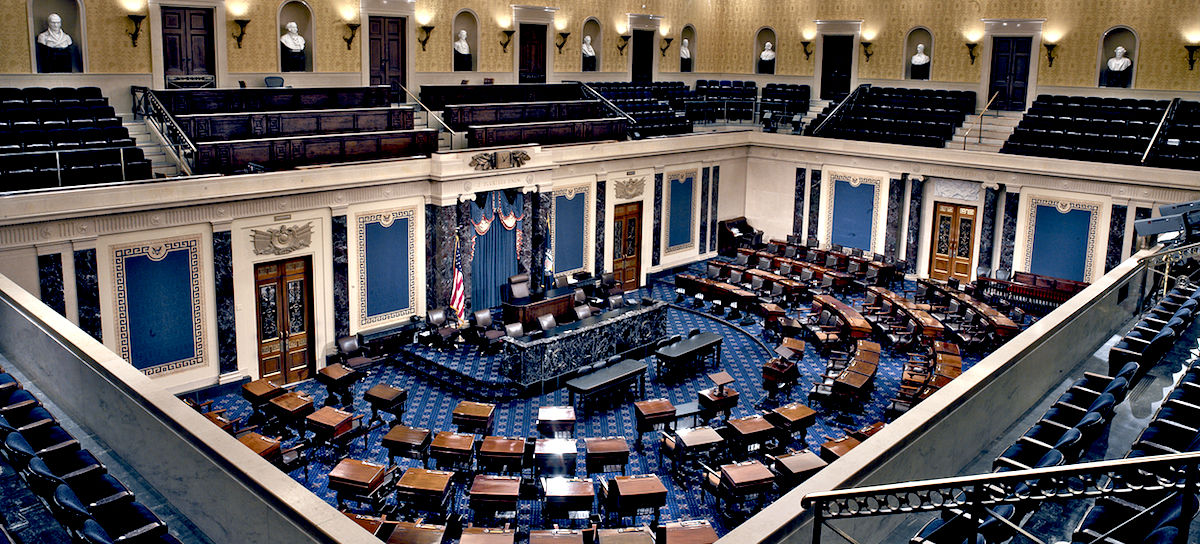
Habit is not the same as tradition
We need to talk about what we're really talking about when we talk about the filibuster: our desperate need for our leaders to govern.
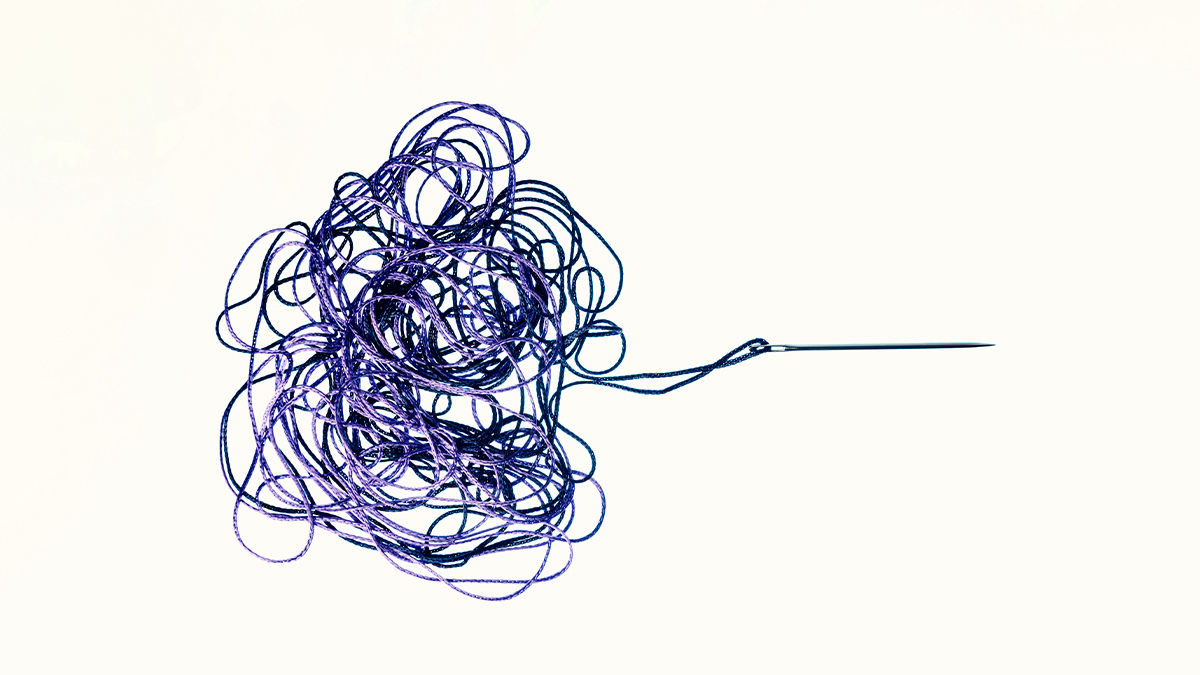
Our questions matter
Maybe the uncertainty of 2021 (and 2020) is not pointing to clear answers, but perhaps is giving us something else we need: room to ask questions.

Winning is not a moral good
What do we do when "winning" is no longer correlated with progress?
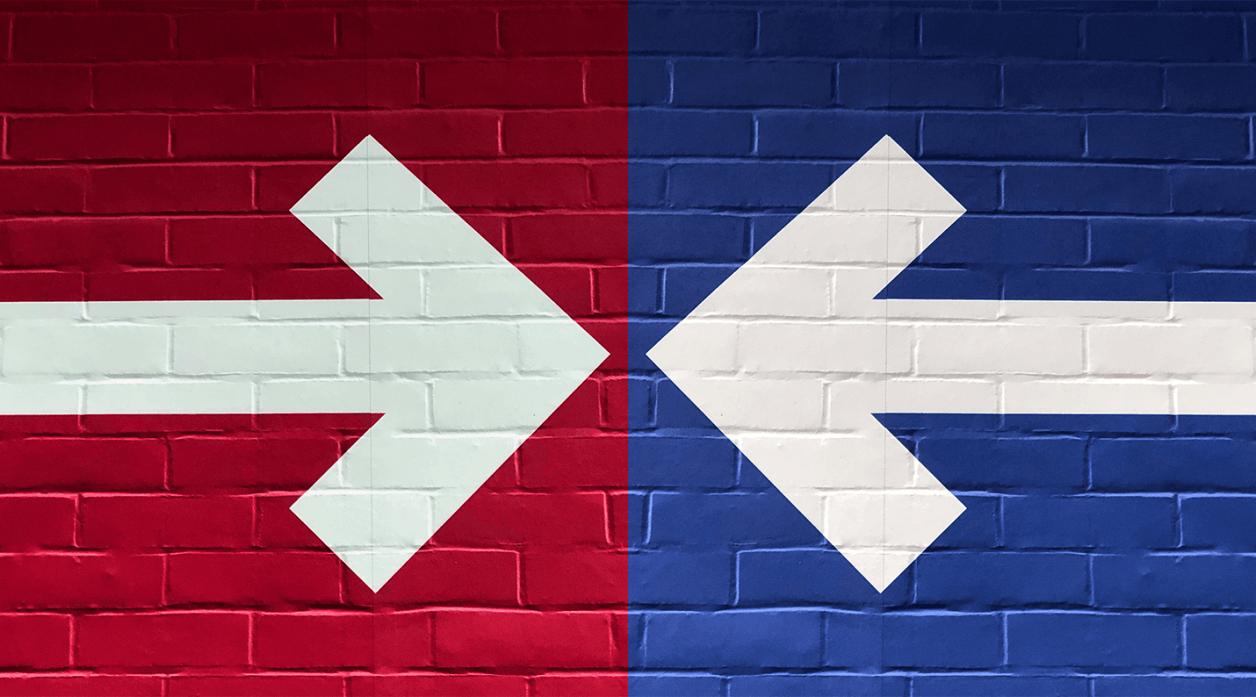
Why we should care about polarization
Other than the fact that our national civic dialog feels like an elementary school food fight, does the increased intensity of political polarization matter? Yes -- profoundly.

Work, exploitation, and wealth
We need a real conversation about the opportunity The Great Pause has given us and why people are working differently.

What we need to be free
If we focus on ensuring and investing in everyone's freedom, we might find real freedom the cure to our futurelessnesss.